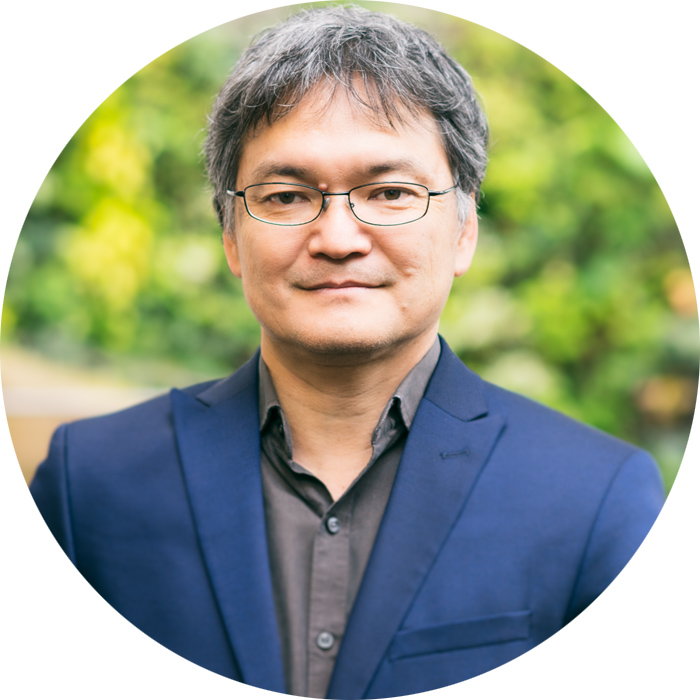Exploring happiness around the world

We made a mathematical model to understand those reasons why people are poor but happy."
The study of human happiness has taken Dr. Jorge Yamamoto all over the world, from his home of Peru – where he’s a professor at the Universidad Catolica in Lima – to Ethiopia, Argentina, Thailand, and beyond. This past summer, Dr. Yamamoto also joined Dr. Danto and our psychology students on our Field Course in Indigenous Mental Health in northern Ontario.
On Friday, Dec. 15, Dr. Yamamoto was in Canada for a third time to visit the University of Guelph-Humber campus as a guest of the Psychology program and present his illuminating talk Happiness Among Andean and Amazonian Peoples: Evidence and Implications.
Dr. Yamamoto’s research explores the reasons why countries with the most wealth tend to actually be the least happy. Meanwhile, people living in countries with comparatively less money and material possessions – particularly in Latin America – report much higher rates of happiness.
With research conducted on four continents, Dr. Yamamoto has much insight to share on the modern pursuit of happiness.
“The importance of connection to family, community and the land are features that we have both identified in our research, although our approaches have been quite different.” said Dr. David Danto, Psychology Program Head at the University of Guelph-Humber.
Dr. Yamamoto created a mathematical model to try to understand the reasons why people could be poor but happy. One conclusion centred on the fact that the human brain was evolved in an ancient environment where most people were supported in life and problem-solving by strong networks of friends and family, whereas most modern societies now prioritize a lifestyle of independence. He describes this disconnect between the modern and ancient environments as the “gap of unhappiness.”
In visiting remote Andean and Amazonian villages, Dr. Yamamoto found that people didn’t ask about happiness because they felt naturally happy. Material goods were not the goal of life, and families there also tended to work and live together, growing more close as a result.
Those lessons carry clear relevance for North Americans seeking meaning in their own lives.
“We speak a lot about equilibrium of work and life in modern society – this is not a problem there because the family is a unit of production, and they are together all the time,” Dr. Yamamoto explained.
“As you get close to the big cities, the goals are increased. You don’t just need to have a family, you need to have a job, and therefore some kind of degree, and a car – but not just any car – and the list starts to grow.”








